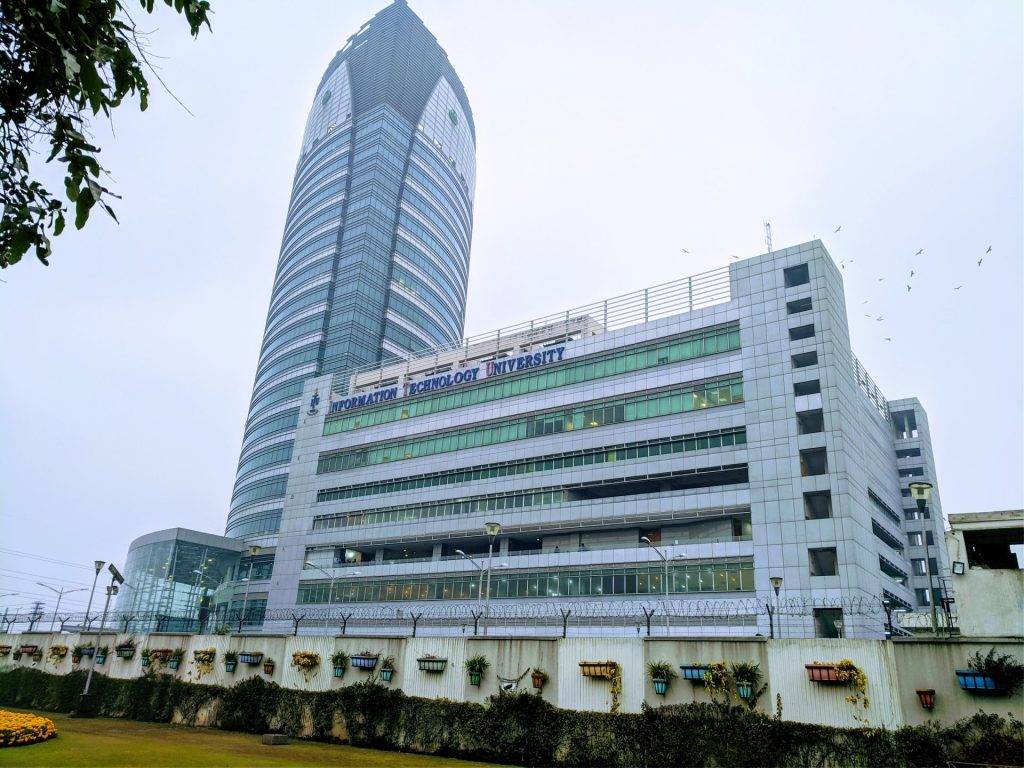The Punjab University (PU) Department of History hosted a seminar titled ’84 years of Lahore resolution, Muslim league, Quaid e Azam and demand for Pakistan’ to commemorate a pivotal moment in Pakistan’s history. The event, held on Tuesday, saw the gathering of esteemed scholars, faculty members, and students eager to delve into the intricacies of Pakistan’s founding ideology.
Distinguished historian Dr. Sikandar Hayat, from the Forman Christian College, University Lahore, delivered a comprehensive address during the seminar. Dr. Hayat illuminated the challenges and criticisms encountered by the Pakistan Resolution, shedding light on concerns regarding the feasibility of establishing separate Muslim-majority states and the implications for minority rights. Notably, he addressed prevailing misconceptions, particularly those propagated by leftist perspectives, emphasizing the dynamic and often underappreciated role of Quaid-e-Azam Mohammad Ali Jinnah in the independence movement.
“We don’t prefer regional writers and prefer foreign authors instead,” Dr. Hayat remarked, hinting at a broader discourse surrounding the sources shaping historical narratives within Pakistan. He underscored the enduring legacy of the Pakistan Resolution, stressing its continued relevance in shaping national identity and politics.
In his remarks, Chairman of the Department of History, Prof. Dr. Mahboob Hussain, expressed gratitude to the scholars and attendees, emphasizing the importance of collaborative efforts for the betterment of Pakistan.

Meanwhile, in another intellectual endeavor on campus, the Punjab University (PU) Library Book Club organized an introductory talk on two significant works: ‘Commentary on the Eleventh Contentions’ by Abdal Hakim Murad and ‘Khutbat-e-Multan’ by Maulana Mufti Abdul Khaliq Azad Rai.
Dr. Muhammad Rasheed Arshad, Assistant Professor in the Department of Philosophy, delved into the depths of ‘Commentary on the Eleventh Contentions,’ highlighting its diverse range of topics encompassing ethics, cosmology, metaphysics, theology, law, and history.
On the other hand, Dr. Shahzeb Khan, Associate Professor at the PU Institute of English Studies, navigated through the scholarly discourses presented in ‘Khutbat-e-Multan,’ offering insights into the Islamic system of justice and politics, the economic system of Islam, and the social aspects of Prophet Muhammad’s (PBUH) life.
Chief Librarian, Dr. Muhammad Haroon Usmani, lauded the significant interest generated by the event, which attracted a diverse audience of students, faculty members, and intellectual enthusiasts. He extended gratitude to the guest speakers for their valuable contributions.
The seminars serve as a testament to Punjab University’s commitment to fostering intellectual discourse and preserving Pakistan’s rich historical and literary heritage.


